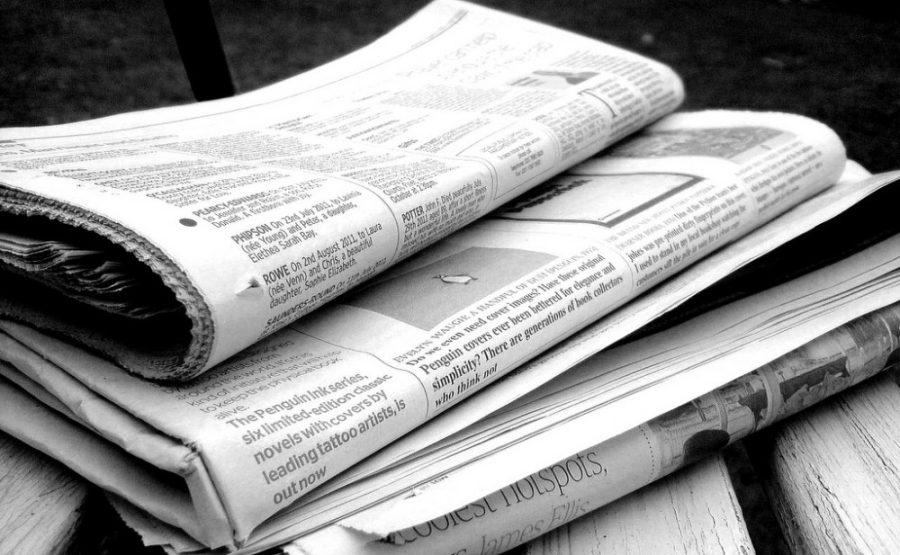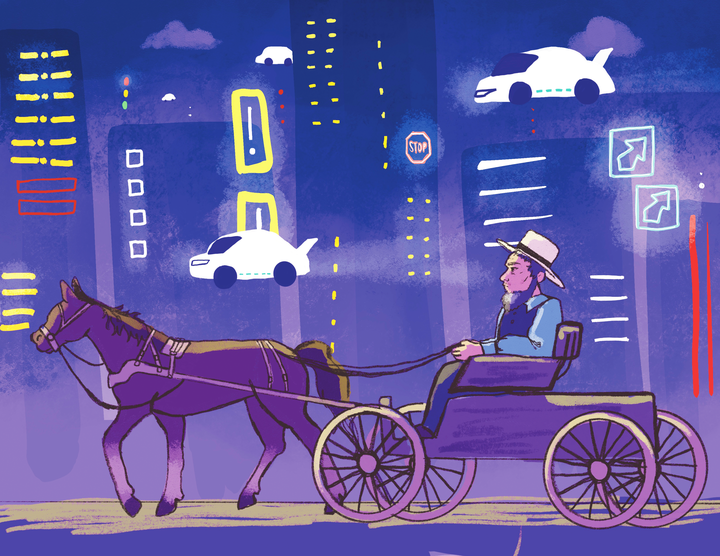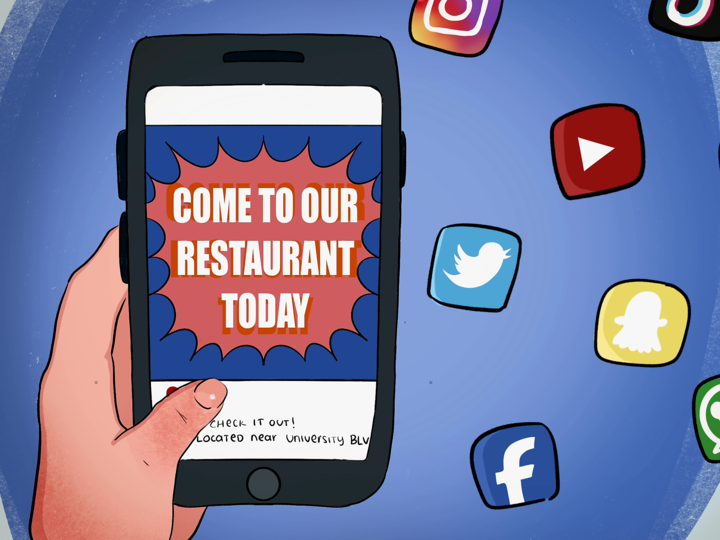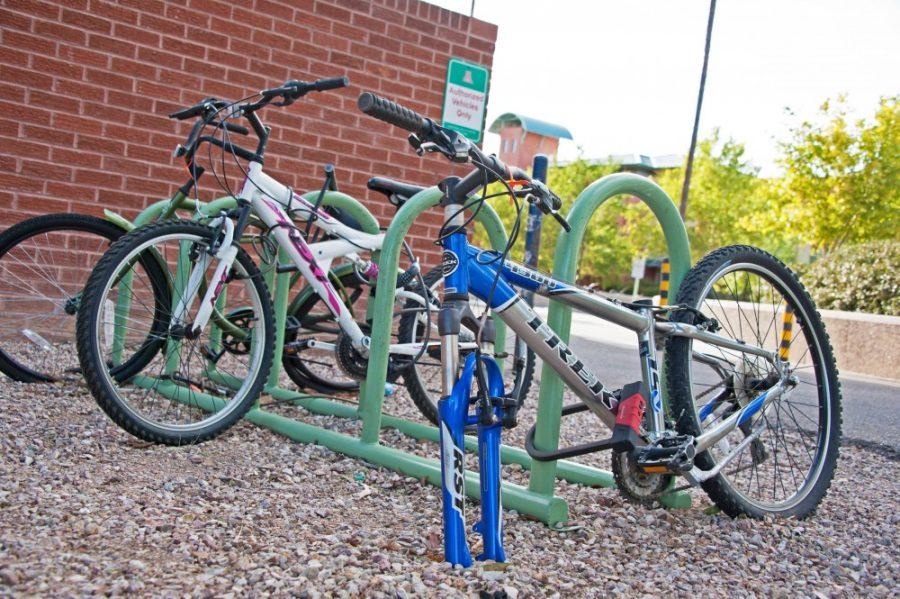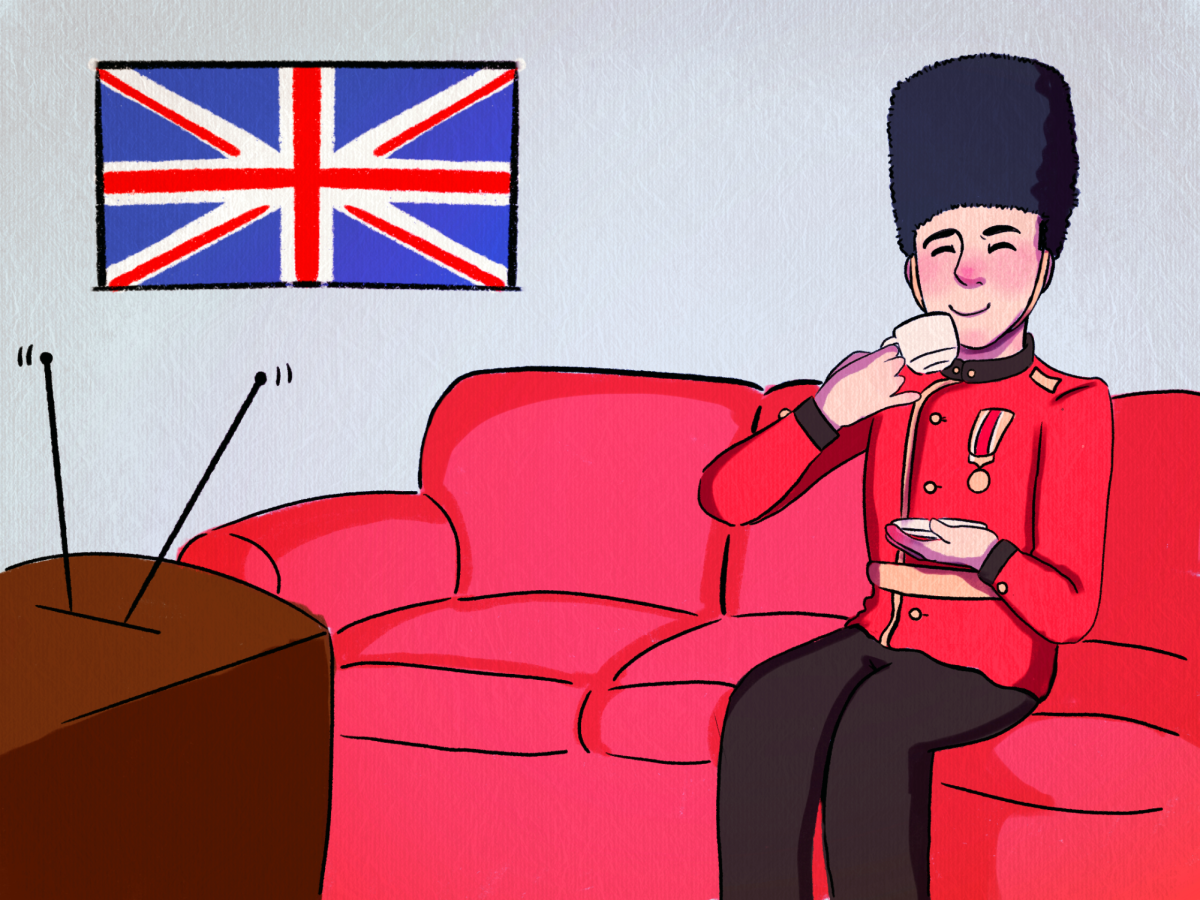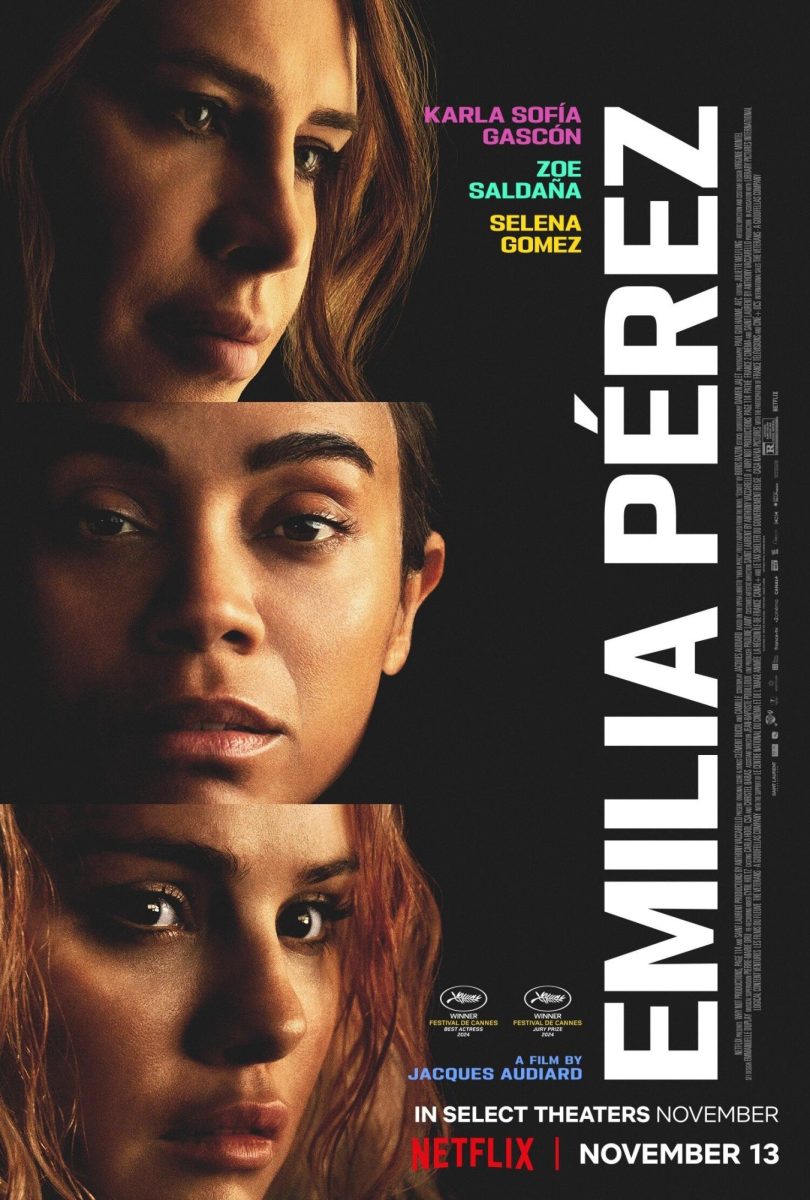The American people have expressed their distrust in the media, which has begun a national discussion on our information-gathering methods. The most pertinent aspect of media, and the journalism profession itself, is civic duty. As citizens of the United States, we are given the unalienable privilege of self-governance. In plain English, we have the right to engage with our government’s actions through voting. We have a say.
Open your textbooks: “Freedom of the press” was included in the First Amendment to create a watchdog for the government. Journalism was developed in the United States as the super-secret, cool, fourth branch of the government whose sole purpose is to inform the public about current affairs so they are educated when they step into the voting booth.
RELATED: OPINION: The rush to the 2020 election
Now, when Americans receive their news, they actively select which interpretation of reality they prefer. When does the interpretation become the reality?
The profitization of the media directly resulted in the polarized state we find ourselves in today. The internet, in need of readers and money, began changing their interpretation of events to appeal to a certain consumer base.
We live in an age where truth has become subjective, and in order to even the playing field, many people look at multiple news sources in one day. To gain some grasp on the truth, one must look at information from each viewpoint to fully understand the social importance of the news. Unfortunately, one can only read so many stories free of charge.
To compensate for the growing use of online news sites and declining print ad revenue, institutions such as the New York Times or the Washington Post have established paywalls on their sites. Paywalls occur after one has read past the number of free articles each outlet allowed.
RELATED: OPINION: How do you like your healthcare?
The average citizen may not pay these paywalls any mind (haha). According to a survey conducted by Pew Research Center in 2018, roughly two thirds of American Adults, at 68 percent, get their news through social media. However, many consumers reported that they expect the information they encounter online to be inaccurate.
For those of you still reading, there is hope. Papers such as The Guardian have created solutions that fund the paper without implementing a paywall, freeing it from the burden of financial influences.
“Readers’ support powers our work, safeguarding our essential editorial independence,” The Guardian wrote.
By editorial independence, The Guardian means to say that by implementing this program, it facilitates journalism that is free from commercial bias and not influenced by billionaire owners, politicians or shareholders.
“This is The Guardian’s model for open, independent journalism: available for everyone, funded by our readers,” appears underneath every online Guardian article.
“This means the responsibility of protecting independent journalism is shared, enabling us all to feel empowered to bring about real change in the world,” The Guardian wrote. “And by keeping all of our journalism free and open to all, we can foster inclusivity, diversity, make space for debate, inspire conversation — so more people have access to accurate information with integrity at its heart.”
Information should never be a privilege, plain and simple. In a perfect world, the truth would be free, but cost has now become a side effect of being informed. We have been blinded by our opposition to one another and are now left with a broken system desperately in need of repair. The longer the intense polarization continues in the portrayal of true events, the farther we will stray from reality.
Follow the Daily Wildcat on Twitter



